Gas Cards for Homeless: Urgent Help or Just Hype?
In cities across the country, homeless people are distributed as a quick way to provide support. At first glance, it seems like a powerful step towards mobility and independence. But is it really a solution or another feel- good initiative?
Gas Cards for Homeless can provide short-term relief, but critics argue that they have not addressed the fundamental causes of homelessness. How convenient is a fueled tank without a car, work or shelter? This discussion raises an important question: Are we empowering lives or just polishing the surface?
Table of Contents
What Are Gas Cards for the Homeless?
Gas Cards for the Homeless are prepaid fuel vouchers that are provided by individuals, nonprofits, or social service agencies for homeless people. These cards allow recipients to charge their vehicles at gas stations without the need for cash. They are considered emergency assistance for people living in cars and those who need to achieve critical services such as accommodation, clinics and food banks.
For many, access to fuel is survival and stability, especially in rural areas and cities with poor public transport. For this reason, gas cards for homeless people are received as a small but potentially meaningful tool to bridge the gap between vulnerability and opportunity.
The Promise: How Gas Cards Can Help

1. Restoring Mobility and Opportunity
Transportation is one of the most important yet overlooked obstacles for the homeless, especially for those living in rural and car-dependent cities. For people experiencing homelessness who still own or live in a vehicle, a gas card isn’t just fuel—it’s freedom. You can travel for interviews, apply for assistance programs, visit food banks, participate in court appointments, and reach shelter and support centers.
In some areas, public transport is either unreliable or unavailable. In other words, personal vehicles are the only practical option. Gas cards have contributed to fill this transport gap and removing major obstacles to self-sufficiency. Even a small amount of gas can mean the difference between staying stuck or moving forward.
2. Offering Dignity and Emotional Relief
Being homeless is often associated with shame, invisibility and helplessness. When someone hands a person in need a gas card, it sends a powerful message: “I look at you and believe in your potential.” This little gesture can restore a person’s worth and remind them that they have not been forgotten.
The psychological effects of such support should not be underestimated. It can lead to a new sense of motivation, trust, and permission. For many, this emotional lift is just as important as the practical benefits of the card itself.
3. Real-World Impact
In addition to theory, gas cards show concrete results in real life. There are stories of homeless individuals using gas cards to drive to a shelter on a freezing night. You can leave your abusive relationship and get to a safer place or take part in interviews that have led to stable employment. These stories highlight the power of simple support at the right moment.
For example, the women’s outreach program reported after years of alienation was reunited with her family and a new support network and reunited in another state with a USD 25 gas card. In another case, the man who slept in the car was able to keep his engines on a cold night and remain safe until he was placed in a transitional housing.
These are not just anecdotes—they’re proof that gas cards, when used thoughtfully, can create real change, one gallon at a time.
The Problem: Why Critics Call It a “Band-Aid Fix”
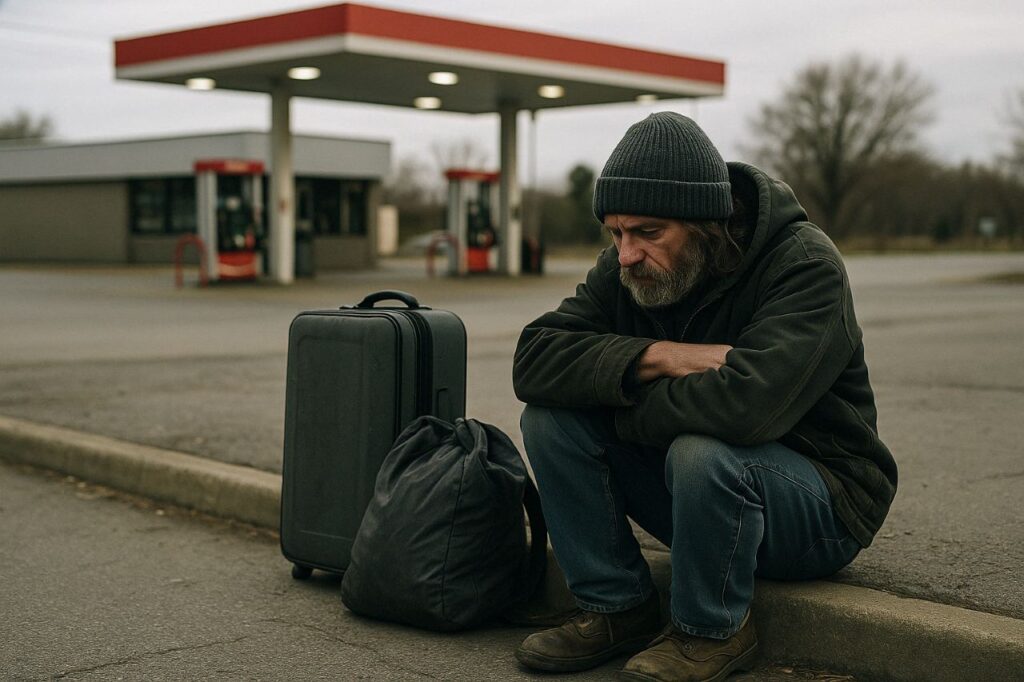
Limited Use for Those Without Vehicles
While gas cards can be life-changing for homeless individuals who still have access to a vehicle, they do nothing for those without one. Many homeless people don’t have a car, a valid driver’s license, or even a safe parking space. In these cases, the gas cards feel like an intentional gesture, but in the end it’s useless. For this group, the fuel offers do not accommodate mobility or opportunities. Instead, it may highlight just how far removed these solutions are from their daily reality.
Lack of Equity in Distribution
Fuel access is just part of the complicated puzzle of being homeless. Critics argue that gas cards can be distracted from the causes: chronic mental illness, addiction, lack of affordable living spaces, limited access to consistent employment. These deeper challenges require sustained and complex support, rather than a single fix. If the focus is shifted to the gas card, there is a risk that the illusion of progress creates the illusion of progress, while at the same time the core issues are not considered.
Systemic Neglect of Bigger Issues
Another issue is fairness. Gas Cards often benefit those who already have some means, such as a stable place to store their vehicles and belongings at work. This creates an unintended gap in which limited resources help “nearly stable” and serves those most widely removed from recovery. Without careful planning, distribution models can strengthen inequality within homeless communities rather than mitigating homeless communities.
Resources That Provide Gas Cards to the Homeless
Searching for reliable transport can be a turning point for many homeless people. Gas cards do not have a uniform solution, but they provide a lifeline for those who rely on personal vehicles to access critical services. Below are some reliable organizations that provide fuel aid or gas card support as part of a broader aid program.
Catholic Charities USA
National support for fuel, food and living space Catholic charities have local branches across the country that provide emergency assistance, including crisis fuel vouchers. Your overall approach often combines transportation aid with food, protection and case management. They also work with other faith services to achieve individuals in urban and rural communities.
The Salvation Army
Local branches often provide fuel vouchers and emergency assistance. The Salvation Army is known for its emergency support services. Depending on the location, you can provide gas cards, take part in medical days, or achieve temporary accommodation, especially for those seeking to escape domestic violence. Some locations also run mobile outreach teams that distribute help directly.
United Way 2-1-1
Call 2-1-1 or look for a website to find a local aid program. The 2-1-1 service from United Way is a central hub that combines people with local resources, including gas card support, driving programs and transportation assistance. This free, confidential service is available around the clock. Choose 2-1-1 from all phones or visit our website to find help tailored to your zip code.
Modest Needs Foundation
Emergency Aid Measures for Fuel and Basic Needs. A modest need provides individuals and families with short-term financial support living just above the poverty line. Through the program for self-severity scholarships, applicants can seek help with unexpected costs such as transportation and fuel. All applications are checked, and funds are provided directly to the provider or service provider.
Love INC (In the Name of Christ)
Love Inc (In the Name of Christ) provides gas tickets and personal transport assistance through local churches. Love Inc works with local churches to provide tailored support, including gas cards and voluntary drivers. Their services vary from region to region, but often include personalized cases, so customers get help tailored to their own circumstances. Small communities can become one of the few organizations that offer transportation solutions.
Are Gas Cards Being Misused or Wasted?
Resale or Exchange for Non-Essentials
One of the biggest criticisms of gas card programs is that they can be misused. In some cases, the recipient may sell or make the gas card for cash, cigarettes, alcohol, or other items not connected to the transport. This isn’t always out of maliciousness, but often reflects the bad situation that many people face. Especially in communities where addiction and extreme poverty are prevalent. For those who have to deal with survival every day, the most urgent need is not always meeting what the program wants to support.
Lack of Monitoring or Outcome Tracking
Many gas map initiatives work with little follow-up or accountability. As soon as cards are distributed, there are rare systems that pursue whether they were used as intended or resulted in positive outcomes such as stable employment and access to health care. Without this data it is difficult to assess the effectiveness of the program or learn from the mistakes. This lack of transparency makes it difficult to justify continued funding or expansion.
Donor Skepticism and Burnout
If donors or the public don’t hear about abuse or see visible improvements, trust will begin to erode. Over time, skepticism may make individuals and organizations less willing to support not only gas card programs but other homeless initiatives. If these efforts do not show clear and measurable success, the outcome is often a critical loss of funding that could support a more effective or more comprehensive service.
Better Alternatives or Complementary Solutions
Transit Passes and Ride-Share Support
Transit Pass and Ride Support Instead of relying on personal vehicles, providing bus, train or U-Behnen transit paths is a more integrated solution, especially in urban areas with strong public transport systems. Carpools (for Uber or Lyft) offer flexible transport options, especially in areas with limited bus lines or late-night service requirements. These alternatives remove the requirement for having a car and can reach a wider poor group.
Volunteer Driver Programs
Non-profits and community organizations have begun training verified and trained volunteers to lead homeless dates such as interviews, living space testing, and medical visits. These services not only provide transportation but also provide equally valuable human connections. They also ensure that the journey drives towards targeted targets and increases the likelihood of positive effects.
Holistic Approaches Like “Housing First”
Ultimately, the proven strategy in the fight against the homelessness remains the first model for living spaces. This approach precedes providing people with stable apartments before addressing other issues such as mental health, addiction, employment, and more. Without a roof above your head, we find it almost impossible to make progress in other areas. As soon as basic protections are ensured, services such as advice, employment, and healthcare will be introduced, creating a path to permanent recovery and independence.
Final Verdict: Help or Hype?
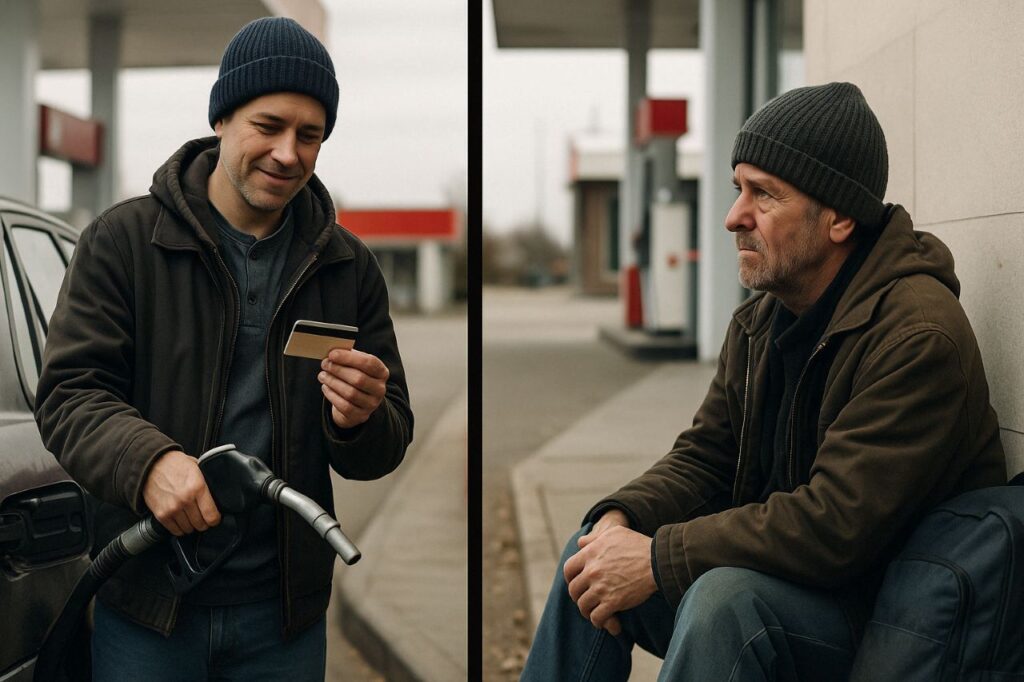
Is the gas card for homeless people a player or a short-term solution? The answer lies somewhere in between. For those with vehicles, the gas card provides immediate help for important services and open doors to vital services. But for others, it is a gesture that flattens out in common but is misdirected to actual needs.
Gas cards should be considered part of a larger puzzle, not a big picture. If you are used in addition to thoughtful and comprehensive support, you can play a positive role in the journey of a person from homeless. But if you can rely on them alone, you risk hopes to hype.
Read our article: Go Gas Card: The Smart Way to Save on Fuel
Frequently Asked Questions (FAQs)
Who typically distributes gas cards to the homeless?
Gas cards are usually distributed by nonprofit organizations, churches, community outreach teams, and sometimes local government programs as part of emergency assistance efforts.
Are there risks involved in giving gas cards directly to individuals?
Yes, direct giving can lead to misuse or resale. It’s often more effective to work with trusted organizations that screen recipients and monitor usage.
Do all homeless people benefit from gas cards?
No. Gas cards are only helpful to those who have access to a vehicle. Many homeless individuals rely on public transport, so fuel cards may not meet their needs.
Can gas cards be used for anything other than fuel?
Some gas cards are restricted to fuel purchases only, while others may allow in-store purchases at gas stations. This depends on the type of card and issuing company.
How much does a typical gas card provide?
Most gas cards range from $10 to $50 in value. Some programs may offer larger amounts depending on need and available funding.
Are there tax benefits for donating gas cards?
Yes, if you donate through a registered 501(c)(3) nonprofit organization, your donation — including gas cards — may be tax-deductible. Always keep your receipt and confirm eligibility with the charity.
How can communities make gas card programs more effective?
By combining gas cards with case management, vehicle maintenance assistance, and job placement support, communities can increase the impact of these programs.
Do gas cards really help the homeless?
Yes, but mainly for those who already own or live in a car. They offer short-term mobility and access to services but aren’t a long-term solution.
How can I donate gas cards safely?
Donate through verified local shelters, nonprofit organizations, or outreach programs that know how to distribute them responsibly.
What are better alternatives to gas cards for the homeless?
Public transit passes, ride-share services, housing-first programs, and job training initiatives tend to provide more sustainable support.


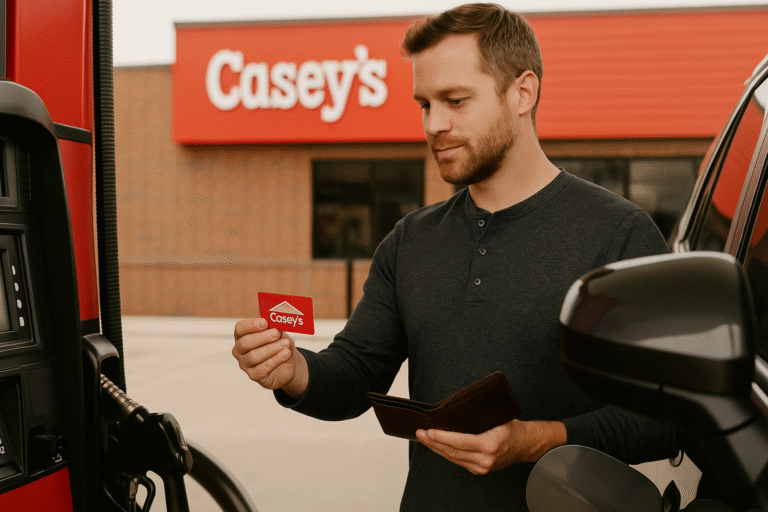
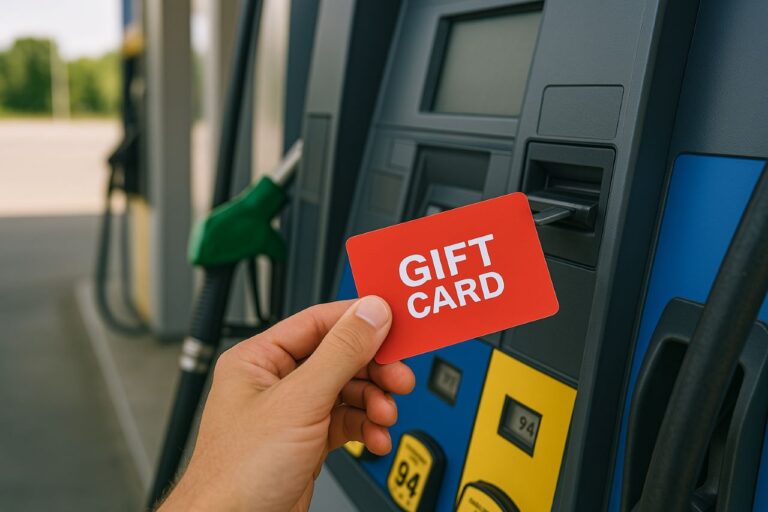
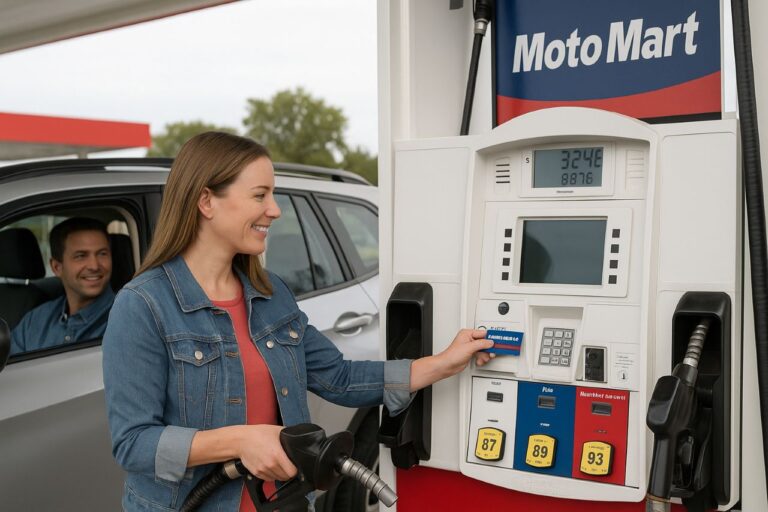
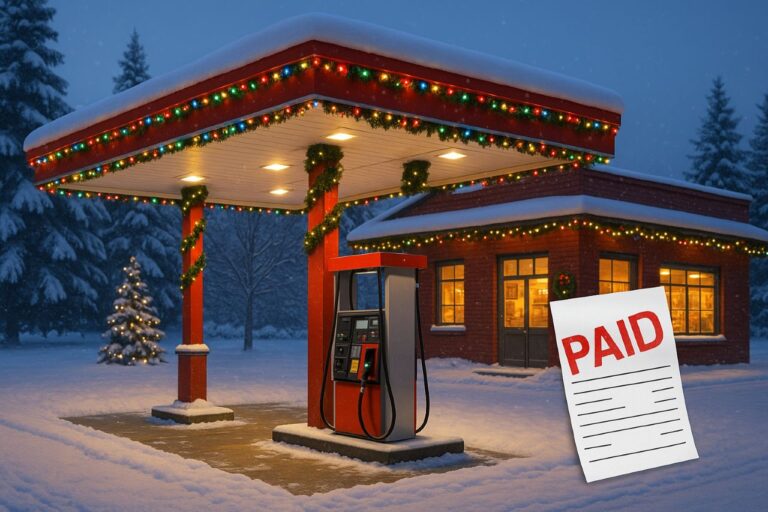


One Comment